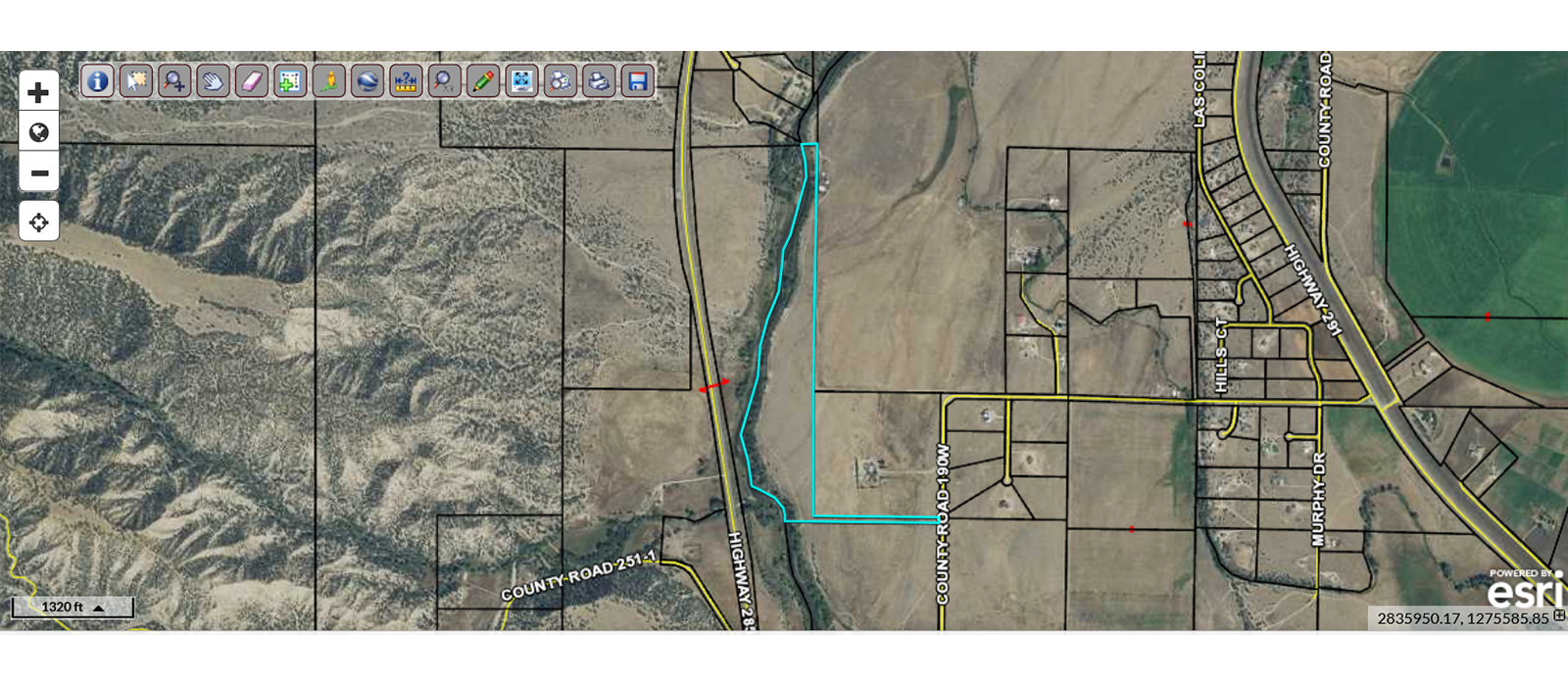The Chaffee County Planning Commission voted 6-1 Tuesday to approve the Aspire Tours land-use application for a 72-capacity campground and outfitting facility on rural-zoned land along the Arkansas River just north of Big Bend.
The Planning Commission imposed multiple conditions for the commercial development, including a requirement to prove adequate water volume for a commercial well to support the proposed business operations.
Planning Commissioner Marjo Curgus, citing state statute, insisted on the condition: “They’ve not yet proven the sufficiency of the well, and given the high variability of flow rates in this area, I think we need a contingency of proving the adequacy of the well.”
Curgus also said she’d “like to see traffic calming as a condition of approval.”
The discussion of traffic hazards on County Road 190W led to adoption of a condition requiring the County, Aspire, “and any additional parties identified by the County” to “negotiate a satisfactory mitigation strategy for County Road 190W … in 90-120 days.”
Planning commissioners did not address an apparent issue with Aspire’s proposed use of water from a domestic well to support its business activities.
As previously reported, Aspire water consultant Lindsay George of Vermont claimed that Aspire’s proposed commercial use of its exempt domestic well is allowed under Colorado Division of Water Resources Policy 2011-3.
The DWR policy “allows incidental commercial activity on a property served by a well permitted for ordinary and normal household purposes, the watering of domestic animals, and the irrigation of home garden and lawn ….”
The land-use application approved Tuesday specifies a three-phase development plan, beginning with commercial development on the majority of the acreage occurring in the first two phases. Since the home for which the domestic well is allowed will be built after the commercial development, no commercial water can, by definition, be “incidental” to the domestic use of the water.
The two commercial development phases include planting and watering multiple trees (on land where trees do not currently exist) for visual screening of the campground and outfitting facilities, and the Aspire plan calls for using the domestic well to water these trees, none of which are “incidental” to the residential use of a small corner of the property.
The DWR policy also states that the well user must satisfy “the premise that the property’s use is primarily for residential purposes” and demonstrate “that all use of the water is related solely to that residential use.” Since no residence will be built until after the commercial development is operational, this premise cannot be met.
Planning Commissioner JoAnne Allen cast the lone dissenting vote against the Aspire development. Commissioners Bill Baker and Paul Rauschke voted in favor but, in doing so, expressed “grave concerns” about the development.
The Aspire application involved limited impact reviews, which are approved or denied by the Planning Commission. However, the Planning Commission decision can be appealed to the Board of County Commissioners.








